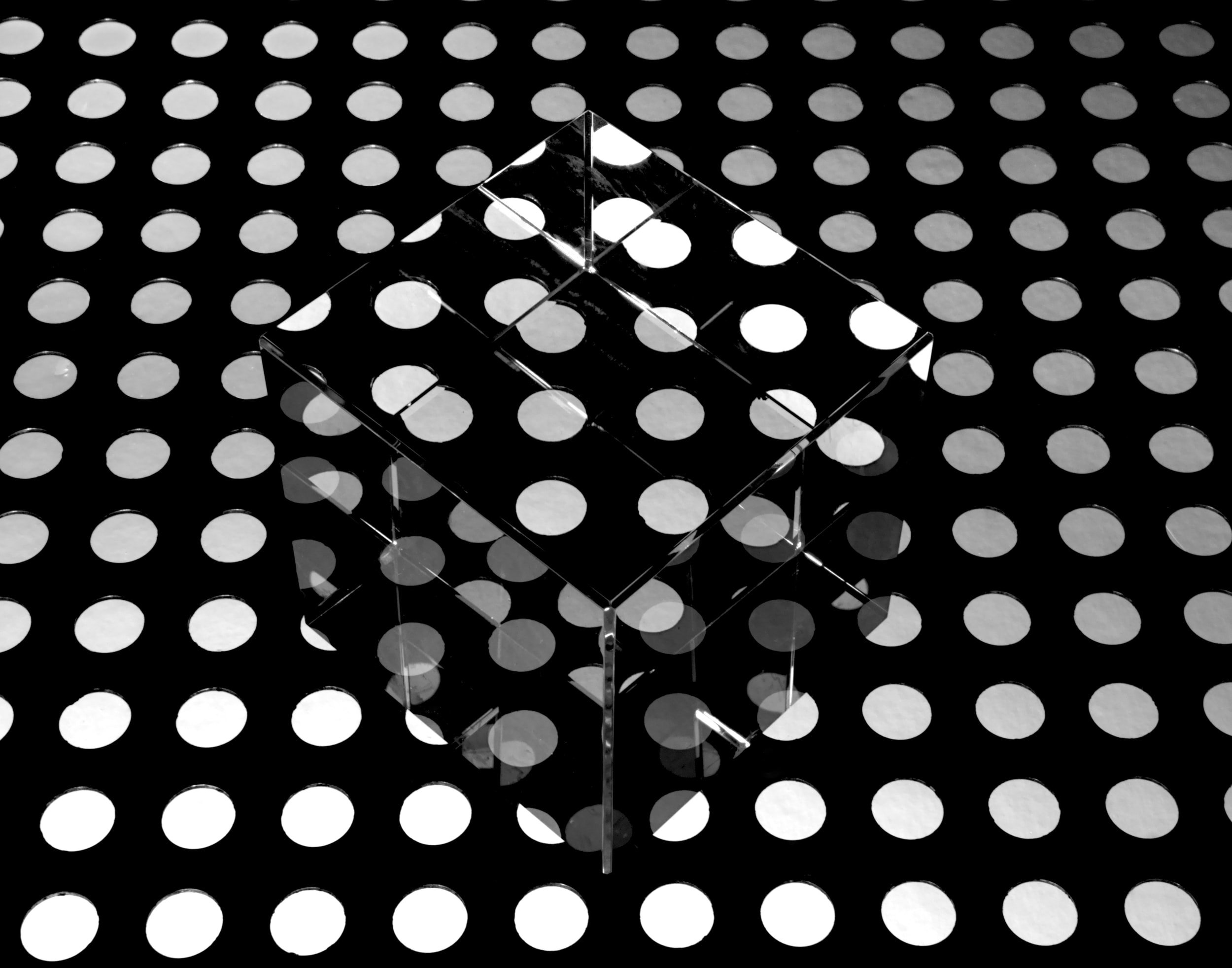Photo by Michael Dziedzic on Unsplash
This is the English version of the post published on Con P de Párkinson. The original Spanish can be found here.
How many times have you thought "if you knew about my condition, you wouldn't look at me like that or say that"? That's the thing about Parkinson's disease (PD), that, many times, you don't see it. It turns out that we are not the only ones, there is a group of diseases that are described as invisible diseases, ranging from depression or anxiety to rheumatoid arthritis or fibromyalgia, diabetes, lupus or Crohn's disease. In many cases, diagnosis is complicated; a blood test or X-ray are not enough. In fact, often it follows a process of elimination, like in the tv show House, MD, remember?
Generally, an invisible disease is one that interferes with our daily activities, but to which people and strangers react by saying: "you look fine to me" or "no one would say you are sick". Sound familiar?
How can we make what is happening to us a little more understandable? Apart from sharing our personal stories, a good way to explain it is the spoon theory. It was developed by Christine Miserandino in 2003, when she wanted to explain to a friend what it's like to live with lupus. She gave her friend a bunch of spoons and told her to think about daily tasks: getting up, showering, getting dressed, going to work, cooking, eating, coming home from work, having coffee with a friend, washing the dishes... Then she told her to imagine that each activity would cost a spoon. The first thing her friend replied was that she needed more spoons. Christine told her she only had those, to think carefully about how to use them. That's life when you have an invisible illness, there are days when you have so few spoons that you can barely do anything.
When you have an invisible illness, you are more aware of another enemy, ableism. The word "ableism" is a neologism that refers to discrimination against a person with a disability. The fact that it is a neologism does not mean that it is something new, on the contrary, it has been with us for a long time and many say it’s not real.
An ableist attitude is one that assumes that a person with a disability cannot fend for him or herself, cannot make decisions, or cannot actively participate in society. Words can also be ableist, for example, if we say that someone "looks bipolar" because they have mood swings, or if we react to seeing a young person by saying "what a shame, so young and so sick".
It is also ableist to hold a meeting in a room that is only accessible by stairs, to use too many animations in a PowerPoint presentation, or not to describe the images used in the slides. The town that plans an urban plan without taking into account the architectural barriers that may arise is an ableist. The driver who leaves the car at the bus stop because "it's only for a moment" or who sees a car parked in a space for people with disabilities and doubts the right of the person who is using it, is an ableist.
Many times we are ableist without realizing it. The important thing is to be aware of it and do everything possible to avoid it.
